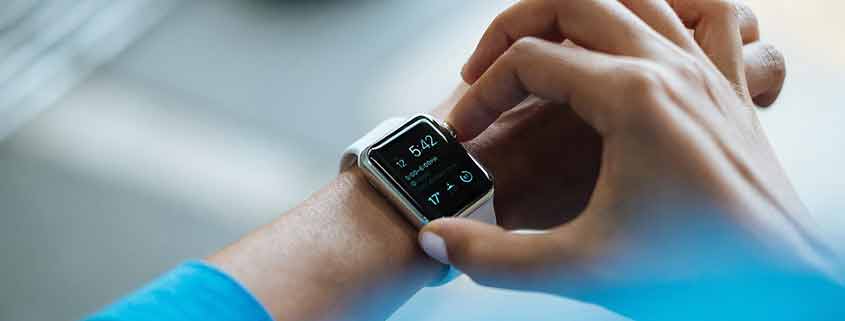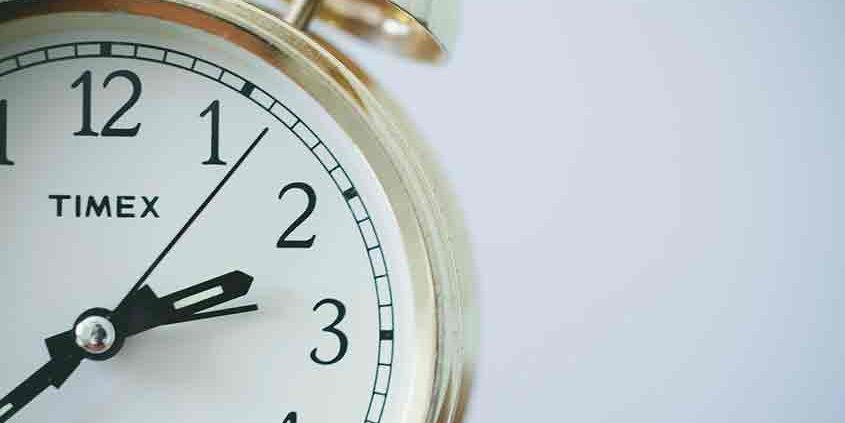CIRCADIAN RHYTHMS AND TIME CHANGES
The Daylight Saving Time (DST) measure aims to match daylight hours as closely as possible with working hours, but our habits remain unchanged, so the alleged savings are questionable and considered minimal.
However, we are animals of habit and until the European Union decides to eliminate the change, we will be playing with the hands of the clock for at least another year. An hour doesn’t seem long, it flies by! But our body undergoes this change.

CIRCADIAN RHYTHMS
Circadian rhythm or biological clock is a natural 24-hour cycle in which physical, mental and behavioural changes occur in our body, mainly in response to the information received by the hypothalamus from the eyes, and therefore from light and darkness, which in turn influences biological cycles.
Changing the time of day involves altering the circadian rhythm, with negative short-term effects. Elderly people and those in the early stages of life are the ones who suffer most from this time disturbance: lack of concentration, lack of appetite and irritability are the most common manifestations.
On the other hand, people who periodically modify the biological clock, such as shift workers, commonly suffer from what has come to be called circadian misalignment or disruption of the biological clock. In these cases, the most common symptoms are high blood pressure, insomnia or fatigue. The human body is designed to work during the day and rest at night.
ADAPTING TO THE TIME CHANGE
In the week prior to the changeover, it will be enough to bring forward our daily activities (if we are in March) or put them back (if we are in October), such as dinners, baths or homework… We should avoid naps and snoozes, as well as heavy dinners and taking medicine to help us sleep.
On the last Sunday in March, before going to bed, we will set our clocks ahead one hour (the change becomes effective at 2:00). In October the clock is also set back on the last weekend. These are not nights to drink coffee, take stimulants or watch a thriller or an action blockbuster. Cell phones and electronic devices away from the bed and go to sleep! Our circadian rhythm should be quickly restored.





